Will GPUs Replace CPUs? Understanding Core Differences
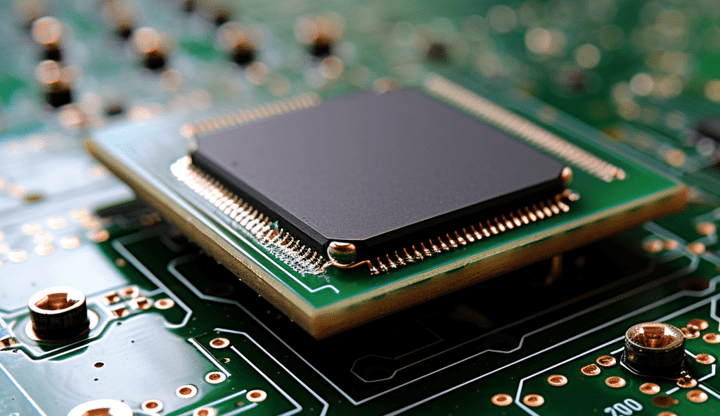
GPU vs CPU is a parallelization vs complexity dilemma. While GPUs can manage very large parallel calculations, they struggle with linear, more heterogeneous tasks, where CPUs excel.
Tag for semiconductor terms, companies and explanations

Logic chips are the “brains” of the electronic device. They process information and perform calculations. Memory chips store information and data.
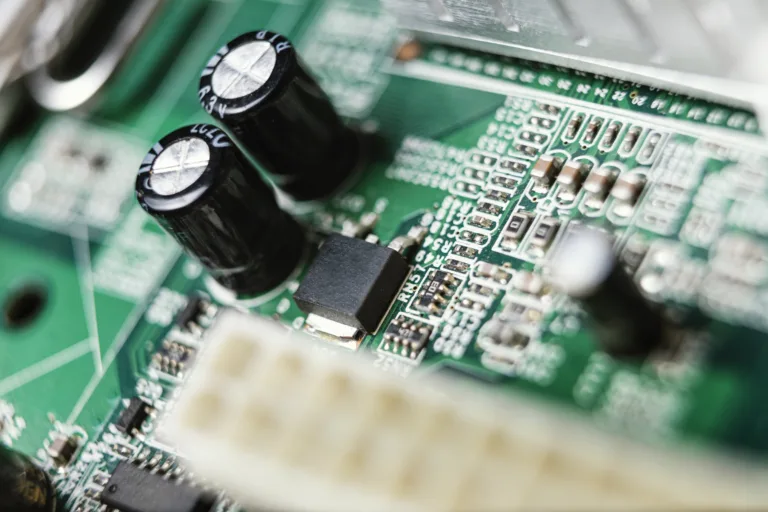
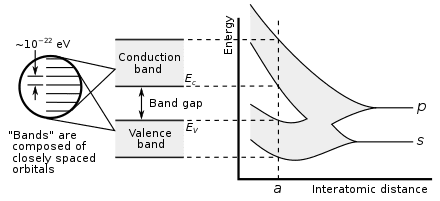

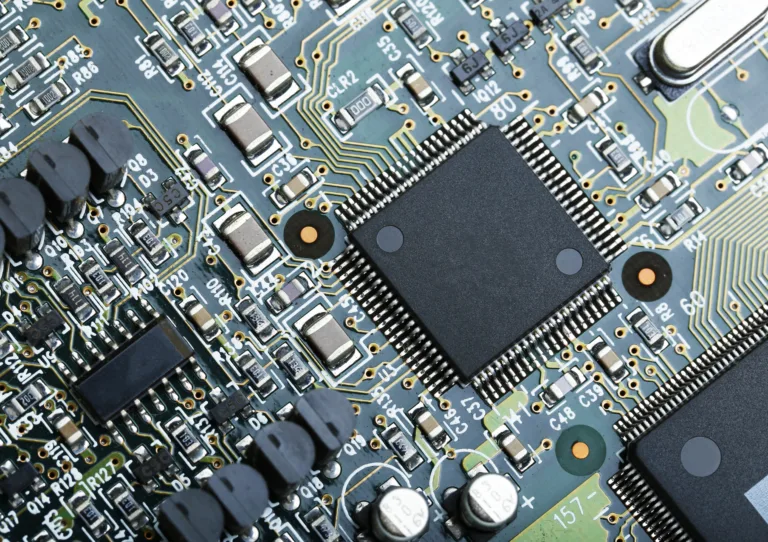


Fab yield refers to the percentage of working chips in a semiconductor wafer. If a fab can’t meet the requirements, customers will switch to another provider.
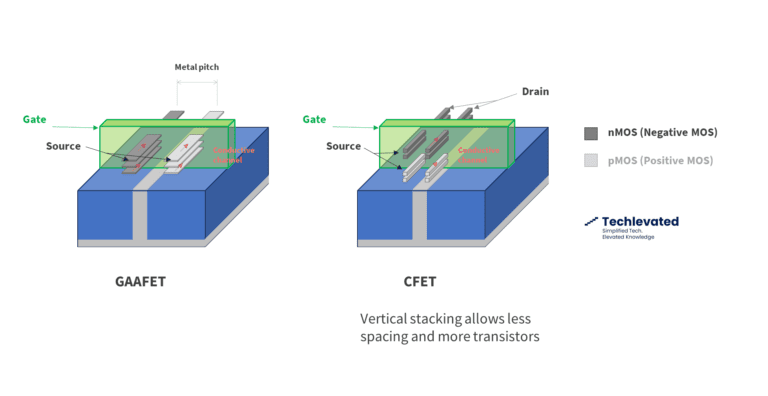
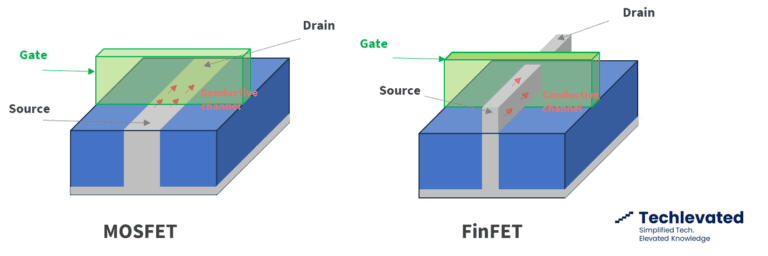
FinFETs are three-dimensional transistors with vertical fins that solve most of the problems related to planar MOSFET, such as leakage current or short channel effects.